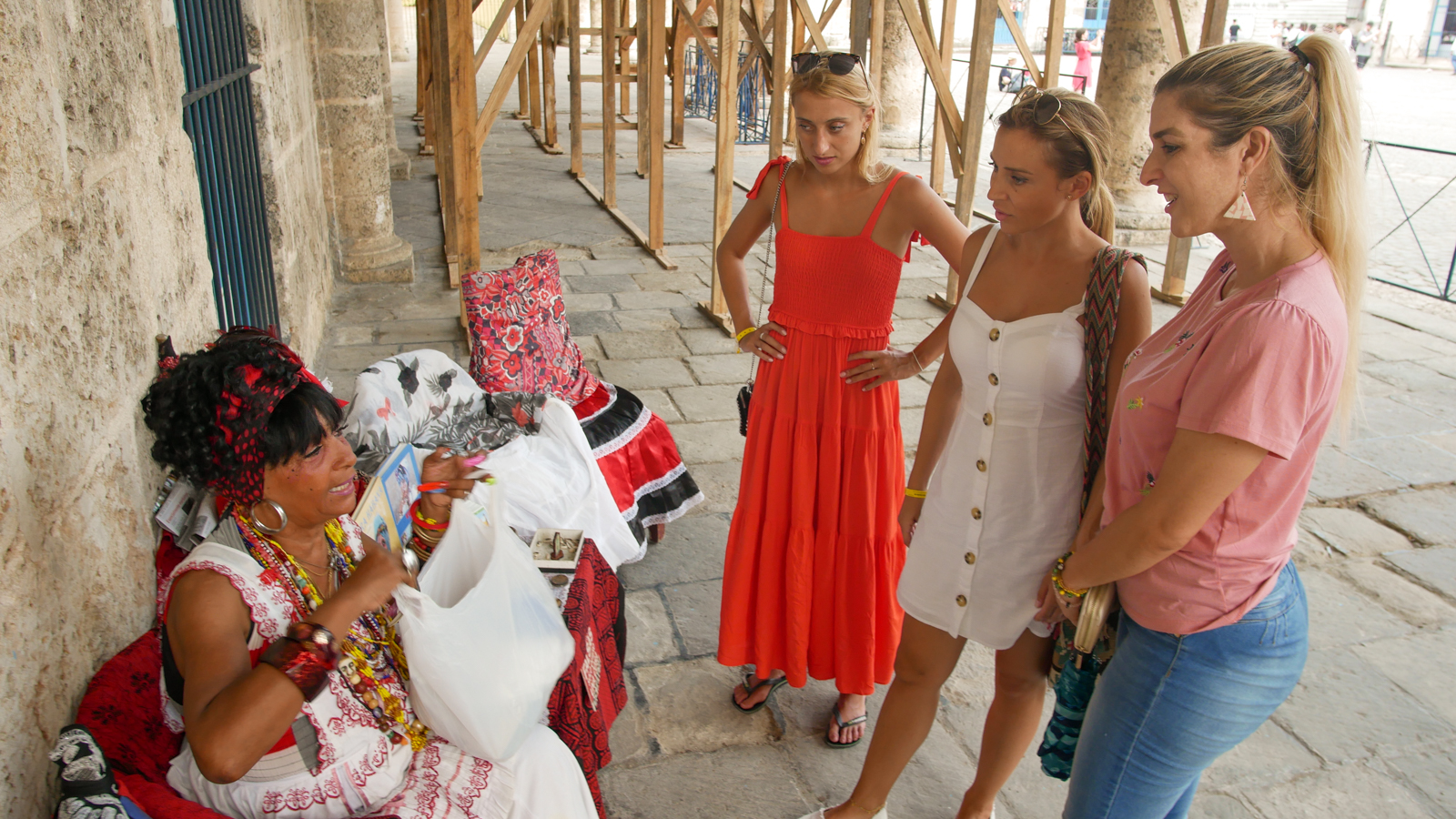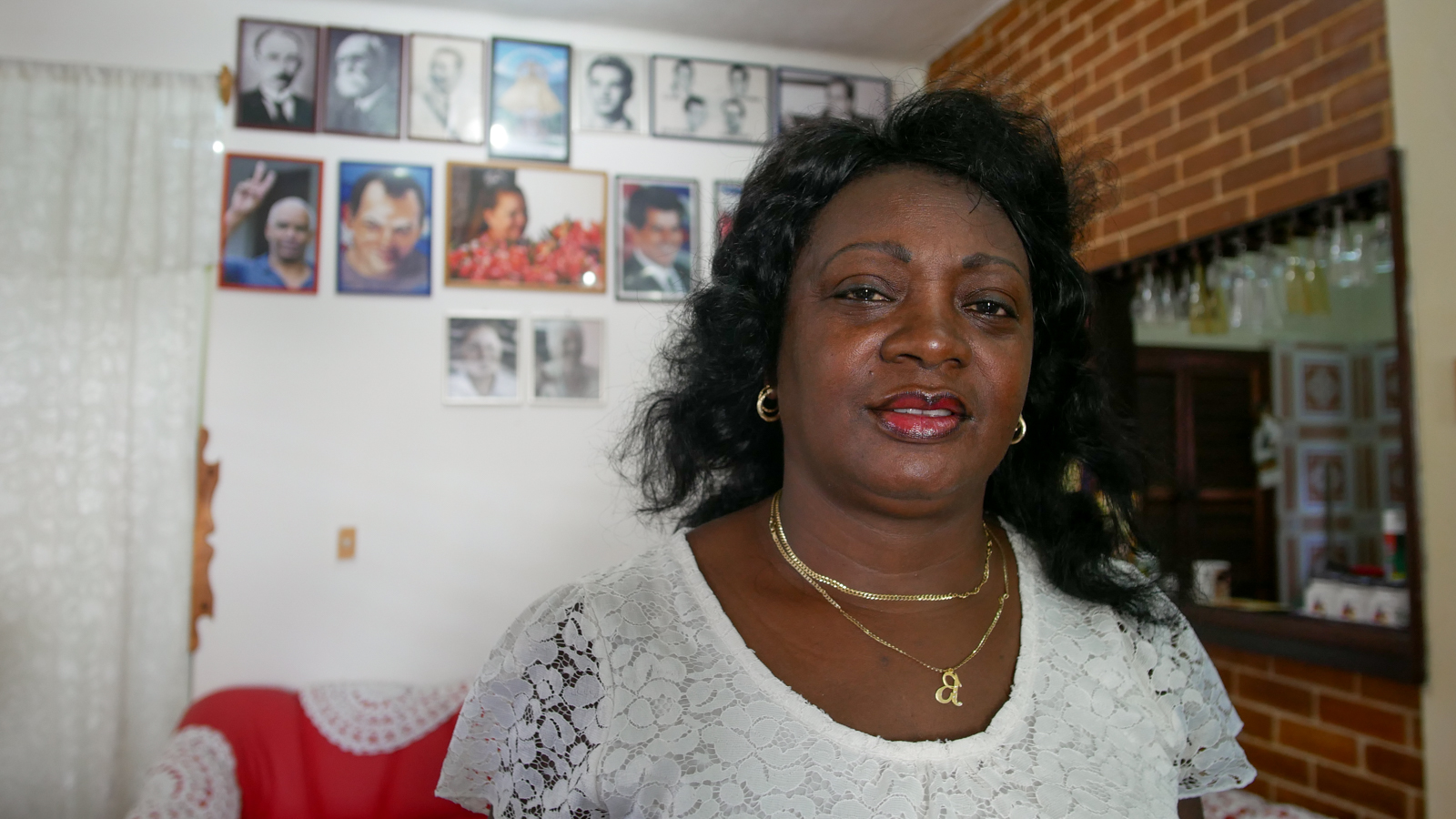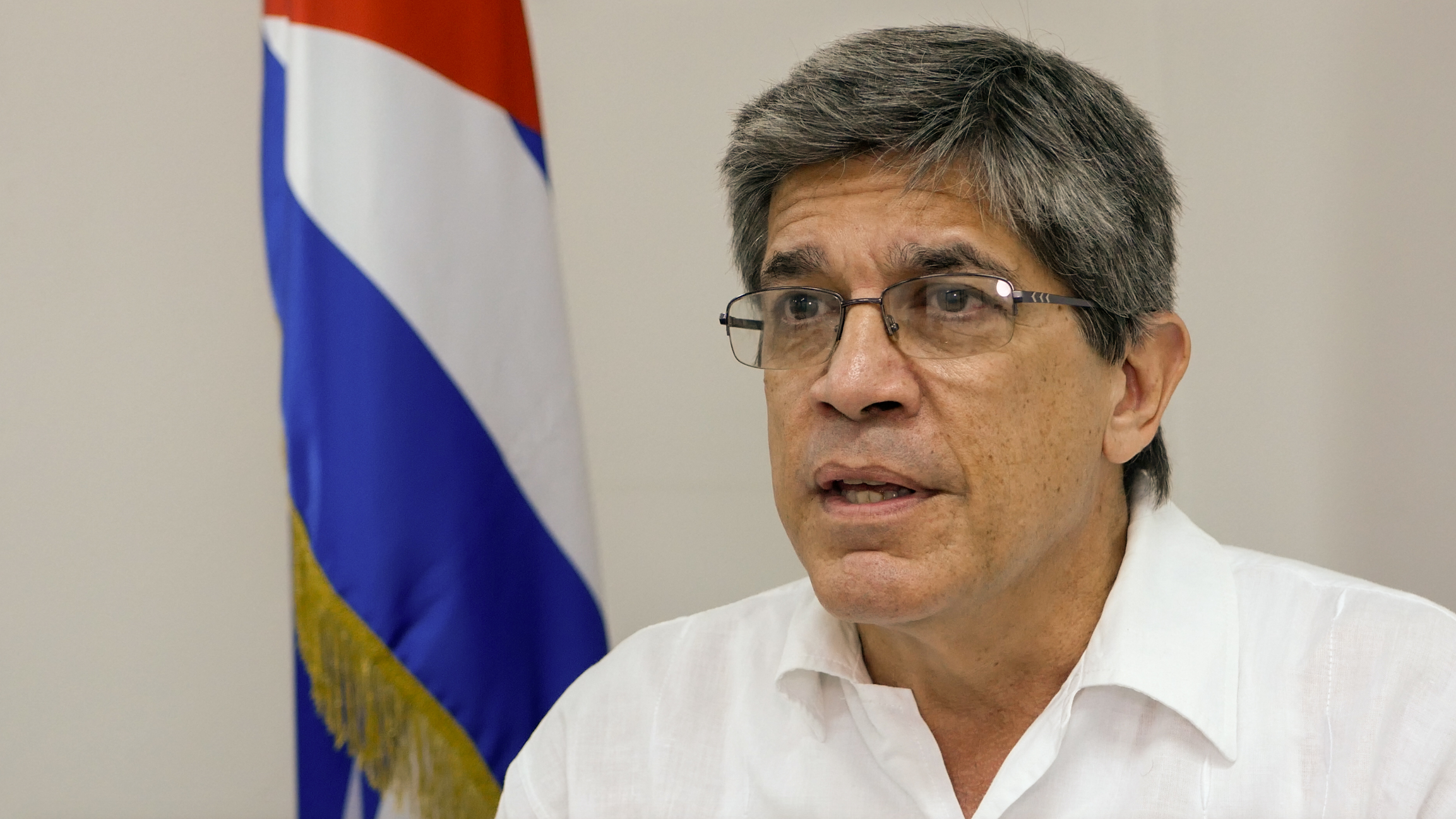The Tampa Bay Times published this story in 2019. See original version.
HAVANA – Adelaida Borges spent decades as a schoolteacher before finding fame as a fortune teller.
Her flamboyant outfits and long, colorful fingernails have drawn hordes of American visitors, from Beyoncé and Katy Perry to Michelle Obama.
“Many Americans came to visit. We were happy to see them,” said Borges, also known as Señora Habana, or Mrs. Havana. But these days, she said, few Americans are stopping by her spot near the Havana Cathedral.
Borges, 77, blames Donald Trump, who replaced Barack Obama’s strategy of engagement with stepped-up economic sanctions.
“I don’t know why Trump has such hate for Cuba,” she said.

Some people wonder if U.S.-Cuba relations might improve now that Trump has fired National Security Adviser John Bolton, a fierce critic of Cuba who blamed the socialist government for propping up the troubled regime in Venezuela.
Don’t count on it, Trump tweeted last week, saying, “In fact, my views on Venezuela, and especially Cuba, were far stronger than those of John Bolton. He was holding me back!”
Sen. Marco Rubio, R-Florida, echoed that point, tweeting:
“Just spoke to @realDonaldTrump on #Venezuela. It’s true he disagreed with some of the views of previous advisor. But as he reminded me it’s actually the DIRECT OPPOSITE of what many claim or assume. If in fact the direction of policy changes, it won’t be to make it weaker.”
As national security adviser, Bolton helped tighten economic sanctions against Cuba and its allies Venezuela and Nicaragua. He told a Miami crowd in November that those countries represent “the perils of poisonous ideologies left unchecked and the dangers of domination and suppression.”
He predicted the leftist governments would eventually crumble.
Some of Bolton’s foes in Havana were delighted that he fell first, but few expect better U.S.-Cuba relations anytime soon.
Some opposition leaders in Havana applaud Trump’s approach. Re-establishing diplomatic ties with Cuba in December 2014 “was like a green light that Obama gave the Cuban regime to act freely, but against the people and not on behalf of the people,” dissident leader Berta Soler said.
Soler, head of Ladies in White, urges the Trump administration to “suffocate” the socialist government, “because as long as it has oxygen,” it will repress the Cuban people.

Cuban diplomat Carlos Fernández de Cossío dismisses such talk. U.S. officials can’t accept that Cuba has a “right to self-determination,” he said. They are “committed to punish Cuba… to damage our economy.”
Fernández de Cossío is director of U.S. affairs at Cuba’s Foreign Ministry. After the United States and Cuba renewed diplomatic relations, he said, “there was without a doubt a movement from both our governments toward a better understanding.”
The U.S. continued to occupy the Guantanamo Bay Naval Base in eastern Cuba, and the trade embargo remained in force. But, he said, the two countries were on a path toward dealing with their differences in a civilized manner. “And we were able to mutually work to establish the pillars of what could be a constructive relationship for the future.”
That was important, the diplomat said, because it allowed many Americans to travel to and learn about Cuba for the first time.
Even so, U.S. trade sanctions continued to hurt Cuba, he said. “The impact of the economic blockade in Cuba, just in 2018, was around $4 billion.”

The cornerstone of U.S. sanctions is the Cuban Liberty and Democratic Solidarity Act of 1996, also known as the Helms-Burton law.
Fernández de Cossío described it as a “colonial recipe” aimed at overthrowing the Cuban government and appointing a U.S. administrator “as if we were a defeated colonial territory in a colonial world.”
The American administrator would lead Cuba during a transition period that could last years, he said. Under Helms-Burton, Cuba also would have to return property nationalized after the 1959 revolution.
Fernández de Cossío’s American counterpart is Mara Tekach, a career Foreign Service officer who heads the U.S. Embassy in Havana.
She declined an interview but described her vision of Cuba in a June 27 reception commemorating Independence Day.
“What would happen if the economic, political and cultural repression were to disappear?” Tekach asked a crowd of Cubans and other guests.
“Free market principles have raised millions of people out of poverty. As diplomatic colleagues from former communist countries can attest, their nations are thriving because they opened up. Economies perform better when there is liberty and good governance, not repression.”
She criticized Cuban authorities for human rights abuses, including the arbitrary arrest of dissidents.
She also denounced Cuba’s alliance with Venezuela.
“Why would a government associate itself with a system of governance that has caused so much misery and deprivation?” she asked. “The sooner Cuba’s advisory and military apparatus leaves Venezuela, the sooner Cuba can contribute to the better good in this region.”
 In April, Cuban officials denied that they had military troops in Venezuela.
In April, Cuban officials denied that they had military troops in Venezuela.
Fernández de Cossío said his government’s main priority is “to strengthen socialism” and to make the country more prosperous and democratic “for the benefit of the population as a whole, not on greed, not on selfishness.”
When U.S. officials are ready to talk, he said, Cuban officials will be waiting.
“We are ready to engage,” he said. “What we are not ready to do is to compromise the sovereignty of our nation, our right to self-determination.”
Contact Tracey Eaton at maninhavana@gmail.com
